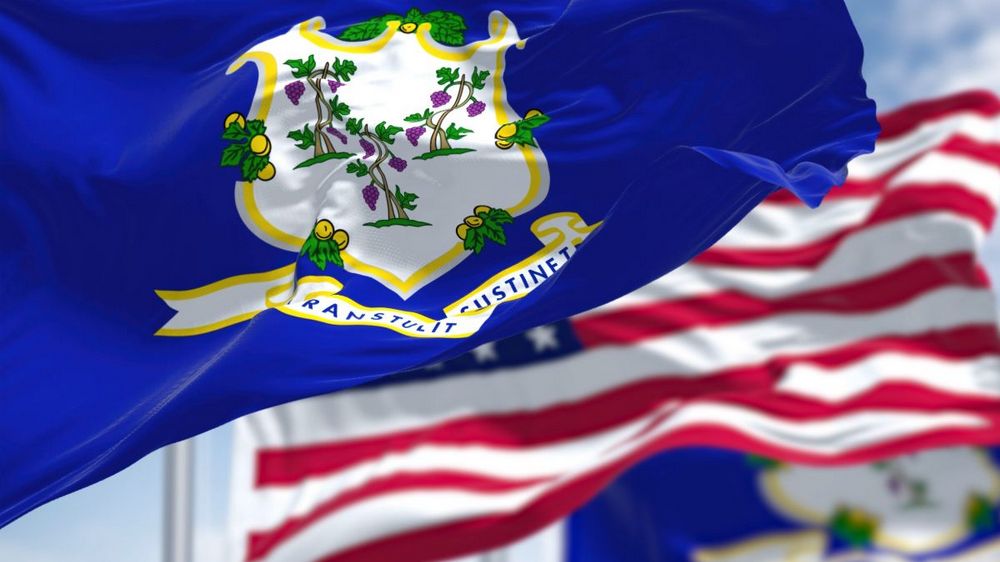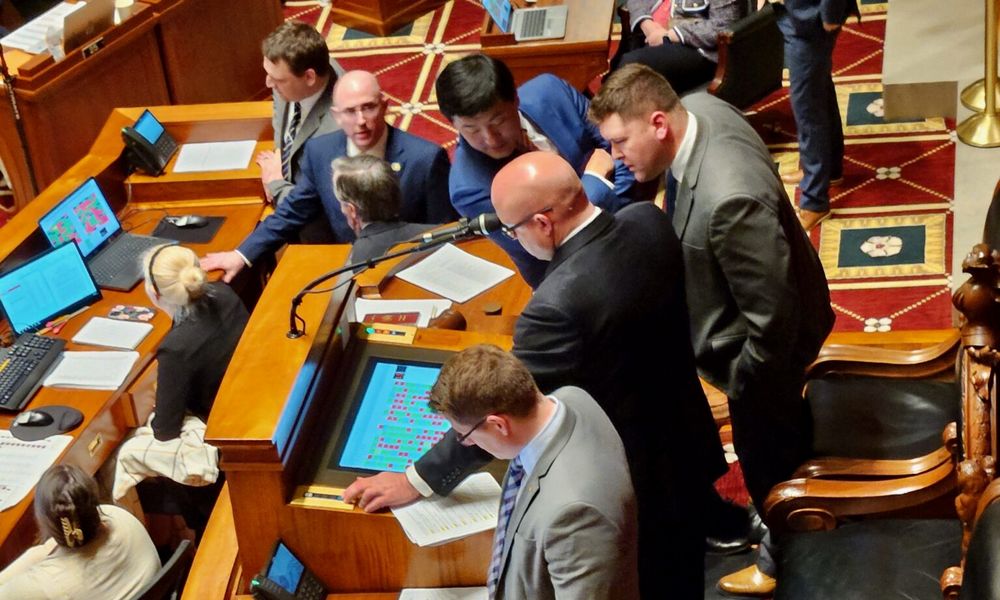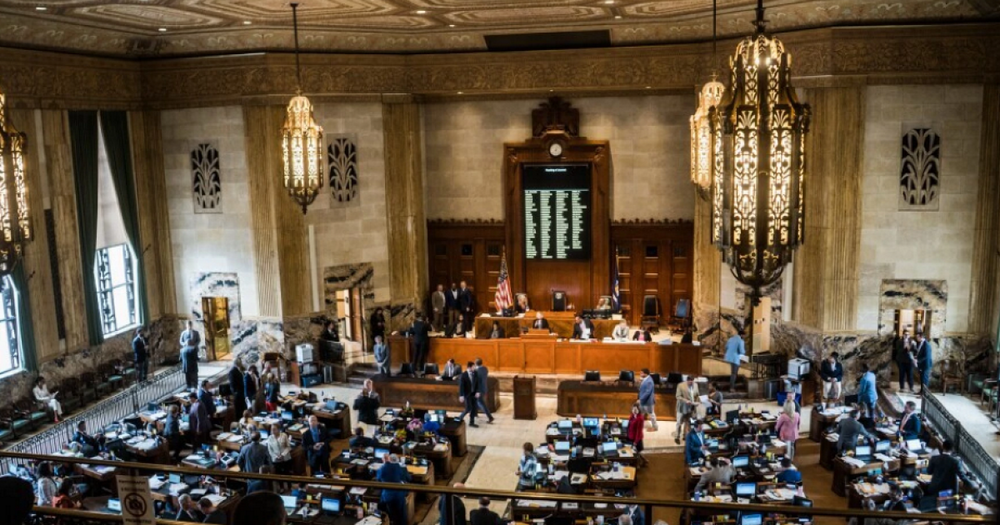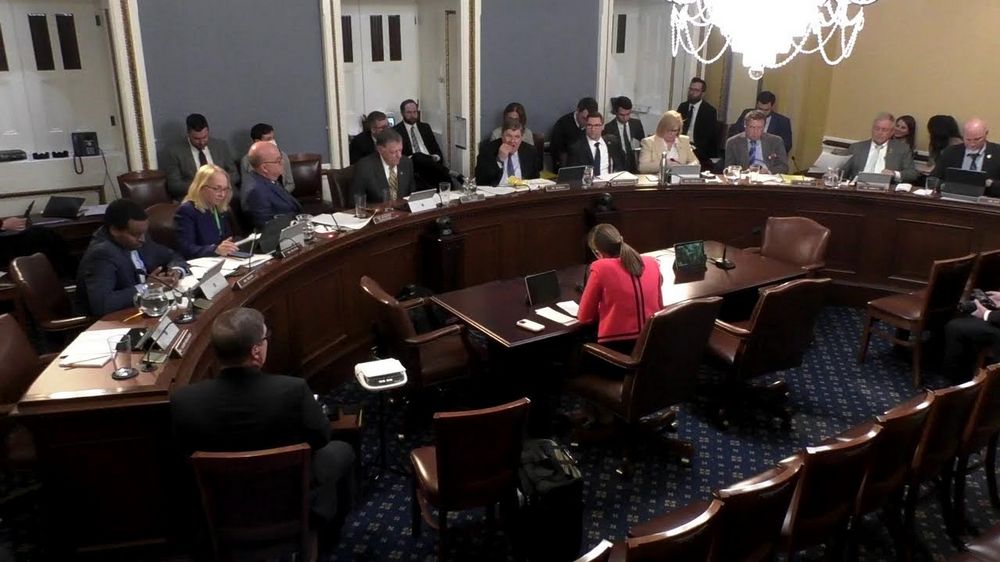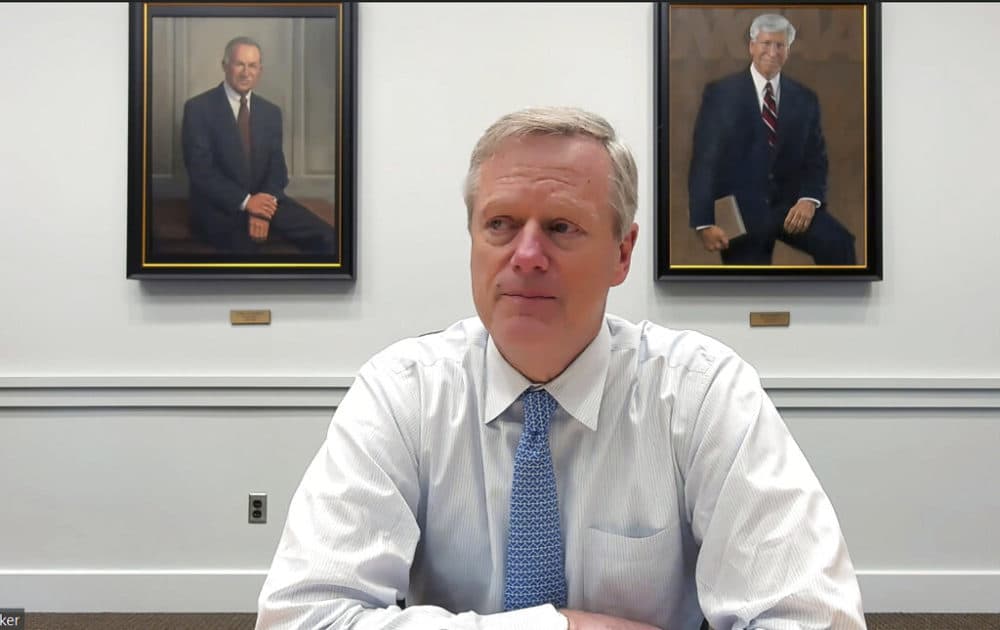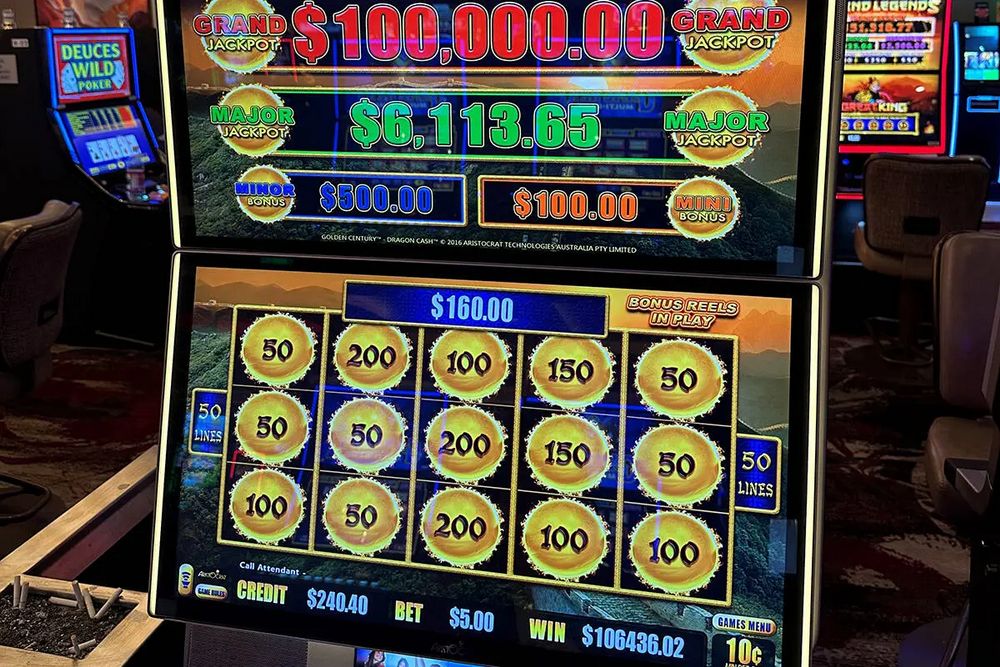The U.S. Senate Committee on Indian Affairs recently advanced 25 bills aimed at strengthening tribal communities, reinforcing their economic sovereignty, and addressing pressing issues such as public health, land restoration, and water rights. Led by Senators Lisa Murkowski (R-AK) and Brian Schatz (D-HI), the committee emphasized the importance of these measures in empowering Native American tribes, many of whom have significantly influenced the gaming industry.

One key bill, S. 612, seeks to expand federal grants for Native-led tourism, allowing tribes to control their cultural narratives and drive economic growth through visitor engagement.
Additionally, land restoration bills such as S. 105 and S. 622 aim to return tribal lands, further reinforcing sovereignty and economic stability, especially for tribes that have leveraged gaming revenues to fund community development
READ
Tribal casinos double down on stadium investments and sports betting
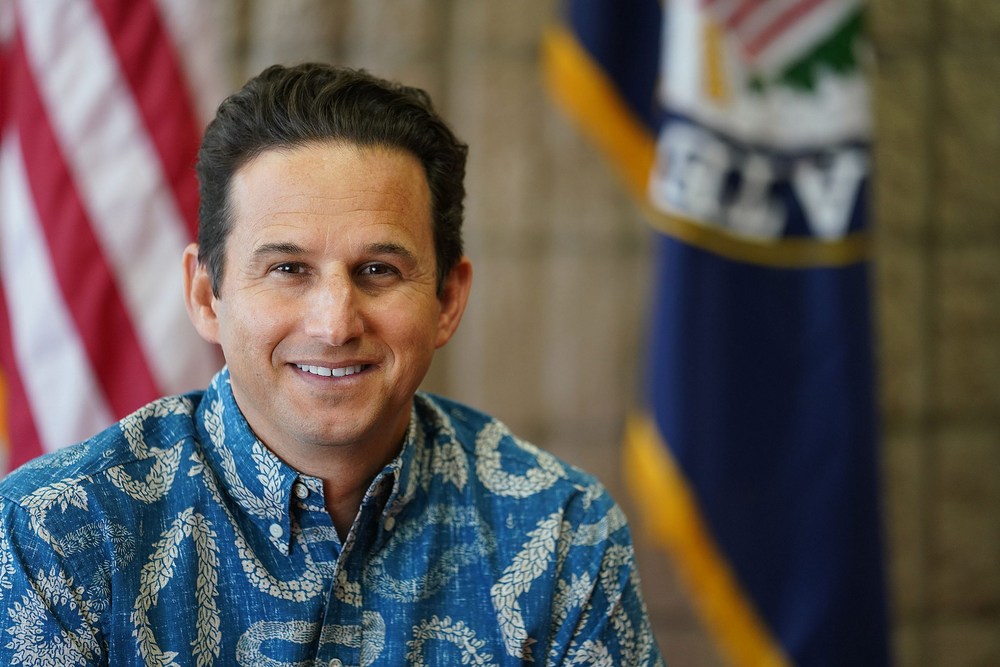
The increasing role of tribal nations in the casino sector cannot be overstated. Tribal casinos generated over $40 billion in annual revenue, fueling economic independence and community reinvestment.
Legislative actions like S. 723, which expedites mortgage processing on Indian lands, are crucial for business expansion, including the development of gaming facilities and resort infrastructure.
Moreover, water rights settlements under S. 562 and S. 689 will enhance resource management, ensuring long-term sustainability for tribal enterprises, including casino resorts that require extensive water usage.
As Native American tribes continue to assert their influence, the impact on the gaming industry is undeniable. Tribal casinos are not just revenue-generating enterprises but also cultural hubs that foster economic resilience. The Senate's commitment to tribal legislative advancements reflects a growing recognition of Indigenous self-determination in business and governance.
With the continued support of federal policies, tribal communities are poised to redefine the future of the gaming industry while preserving their heritage and economic independence.











